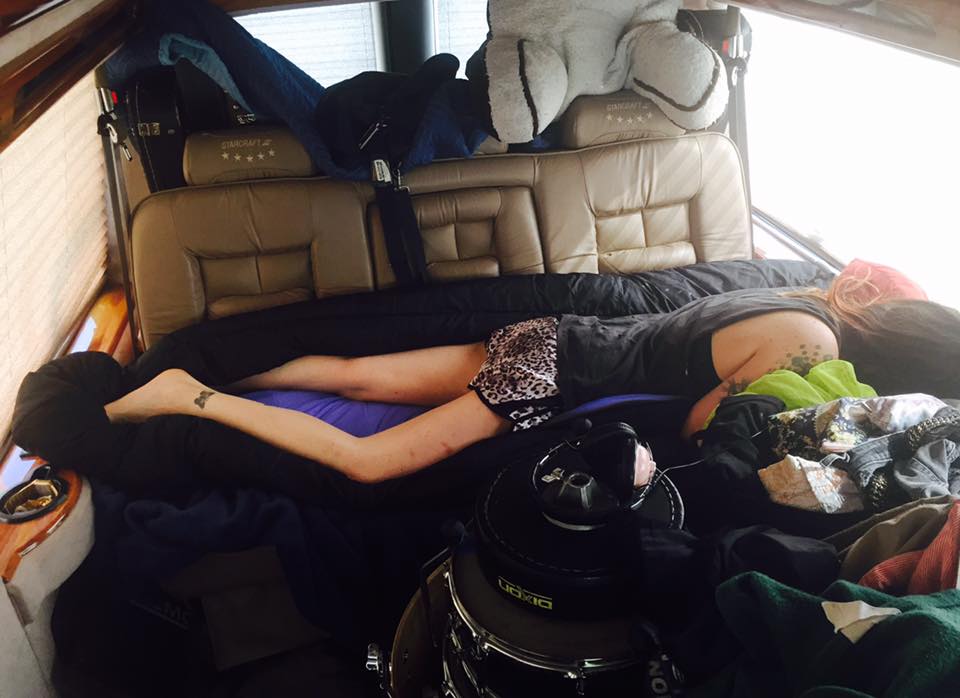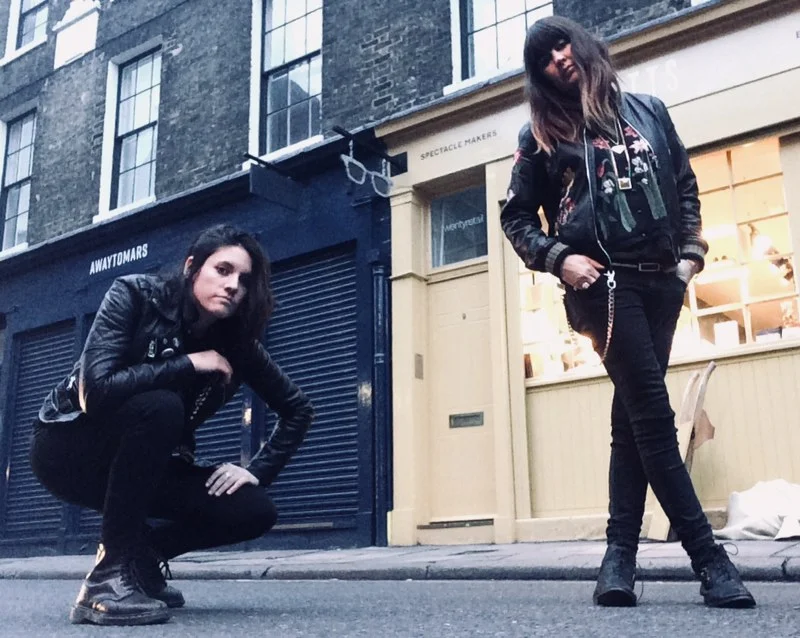A lot goes into booking a show for an artist or band from start to finish. From rehearsing and coordinating to online and grassroots promotion, and from negotiating and communicating about availability to confirming other acts for the bill (whether you or your band puts the bill together or booker does - someone does the work).
The terminology regarding shows can sometimes be confusing for someone just starting out (words like: hold, load in, line check, draw, room cap, cover etc.). Bookers will often ask questions like “what’s your market history?” and “what’s your draw?” or “how many people can you bring out to the show?”
Here’s a brief overview of some terms:
Hold - Sometimes artists or agents will put a “hold” on a date when their working on routing / booking a tour and waiting for other dates to confirm so in that case venues will put you on “hold” if they have other acts who have reached out before you for the specific date you reached out for. Sometimes the booker will tell you have a second or third hold, and if the other bands who have that date reserved end up cancelling it, the night will go to you or your band.
Load-in: The booker will give you a load-in time for the show, this will vary from venue to venue, but will generally be about an hour before doors open. This is the time you bring your gear in and set it near the stage or onstage before the show.
Line-check: This is another word for “soundcheck” but it’s more of a quicker one right before the band plays. Rather than doing a full 20 minute or hour long soundcheck before the crowd gets there, often for headliners, the opening bands will just do a line-check and check their levels minutes before their set.
Draw: A draw is how many people you can bring to a show. A booker or venue will ask this so they can figure how many people will likely be there buying drinks, cheering you on, and paying the cover to get in. This could also determine a guarantee you’ll be paid, bar % or door deal you’ll get. Bars and venues rely on this draw sometimes to cover their expenses for the night (security, sound people, door people, bar tenders). They want to know that hosting you is going to benefit them.
Room cap: “Room Capacity” This is how many people the room/venue holds according to fire safety laws.
Cover: Door price / Ticket price / How much it costs to get in.
A lot of people are involved in a live show. In addition to your band and the audience, there is usually a few other people involved: The promoter &/or booker, a sound person, a door person, other acts (that a promoter, band or you will have added to the bill) and the people who work at the venue.
First, the booker is who you’ll have to reach out to for a potential gig. This e-mail is usually listed on a venue’s website contact form.
Helpful Tips:
- If there are two different booker contact e-mails: local & national - email the most appropriate one
- Address the booker by their name if you see there’s a particular person
- Introduce yourself, your act or bands name (if you are one)with a brief paragraph & include a short description of your band / comparisons and that you’re looking to book a show
- Pick a few dates to send as options for booker (prior if you’re in a band make sure all members could do these days as possible options, some people may need to get off work or change their schedules)
- Include a link to any CURRENT single or album & some live video if you have available.
- Include you or your bands career highlights (like if you have been featured on any blogs, news papers, magazines or on any radio, tv) & where you have played in the area (list a few venues & locals acts you have played with)
- Include your contact info & social media links
The booker will ideally get back to you (usually within a few days but sometimes a couple weeks, if not, try e-mailing again/follow up. Try following up a week-10 days later) and let you know if the date is available or sometimes they will recommend other venues that may be a better fit or other possible dates if the one requested is already taken. If the date is open and your band is given the gig, the booker may ask you to find other locals acts to support the night. Local bands will help bring in a bigger crowd especially if you’re not from the area. If you’re booking a show outside of your hometown, it’s integral to get local supporting bands. You can find other bands on sites such as http://reverberation.com, facebook music groups, local music blogs to the specific city, venue website’s show calendars, and fliers other artists have hung up at venues or coffeeshops nearby. Also google searches can be helpful by looking up city names, band & genres tags. Sometimes bookers will also have a recommendation band list, so always ask incase they do!
Reaching out to other bands is similar to reaching out to the booker: be specific, be respectful, and include all the info in a clear and concise way!
Sometimes and ideally, a promoter or venue of a show or venue will help push this newly booked show out to online outlets and upcoming show listings. There won’t always be a promoter, but even when there is, it’s important to do your own promotion. There are many simple ways of getting your friends, family, and soon-to-be fans to your gigs. Sometimes venues, bars, coffeeshops, or houses that host events will have a built-in crowd but you can’t rely on this. That’s where online promotion and grassroots promotion come in! Once your show is booked and you’ve found other fitting acts to join the bill, make a flier and an event page on facebook and push it out to everyone you can! Give yourself a good month to promote and remind people, in person, and on social media.
Also ask the booker if they have a press list. Often they do! This can be helpful as they may have good contacts at local radio stations, blogs, and news outlets who you can email/reach out to help promote your show. Invite them to your show or ask if they can feature you, do an interview or live in-studio performance (radio) before the show to help get people out :)
Once you’re at your show, it’s important to know the door person’s and the sound person’s role.
The door person will sometimes tally how many people come into the venue and take the cover from anyone entering the show. The sound person will do the soundcheck/line check for bands, and ask you what your set up is. *Sometimes when booking (depending on venue, a booker will request you send an input list & stage plot for production so they know what to expect as far as your setup ahead of time). They will want to know what you need on stage as far as instruments, microphones, and necessary cables, etc. to get the best sound. You can tell this person how high you want the levels in your monitors, and if you’re singing - whether you want reverb added to your voice or not. Don’t expect them to read your mind! They’re there to make it sound the best it possibly can.
At whatever level you are at, it doesn’t matter, you have to start somewhere! If you are just starting out just know even bigger artists who have been playing for years also have their own booking or show / touring struggles. So regardless of the level, hopefully this post and some of these suggested steps and tips might help making booking easier!
Additional Tips:
- http://www.indieonthemove.com is a great database for bands and musicians starting out looking to book their next gig. There are listings on this site of music venues all over the country, and they will even tell you how many people fit in the room, what genres they host, and who to contact to book a show. We would highly recommend checking this site out and becoming a member! It will help you locally as well as country-wide once you’re ready to take your act on the road! The benefits of this site are great examples of what you need in order to book shows.























